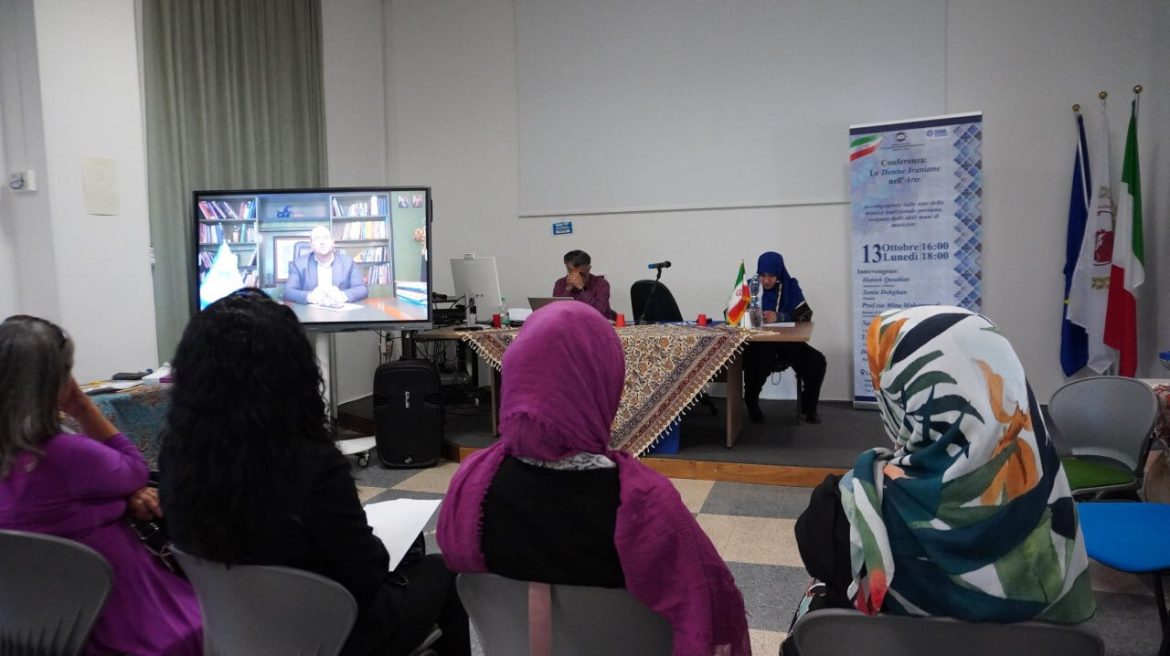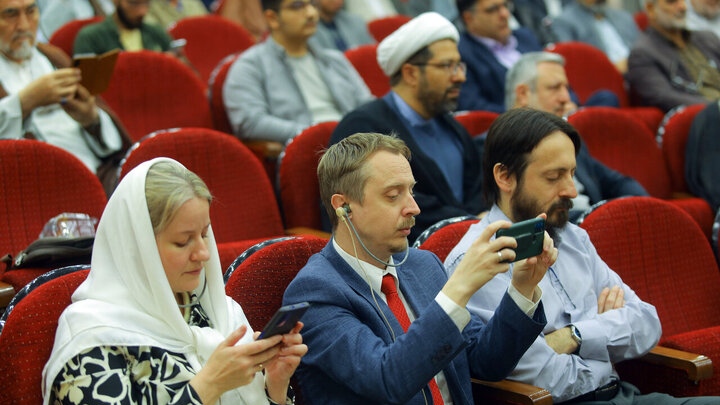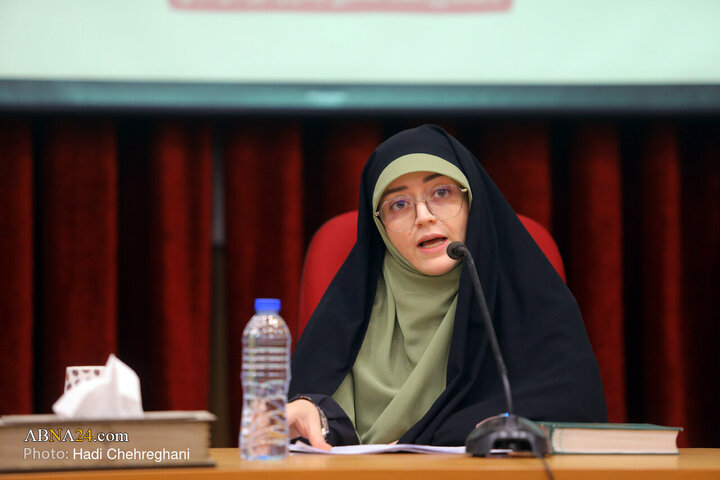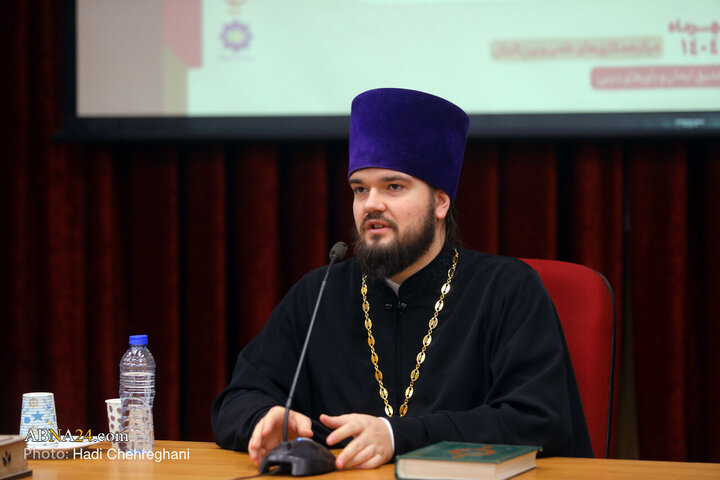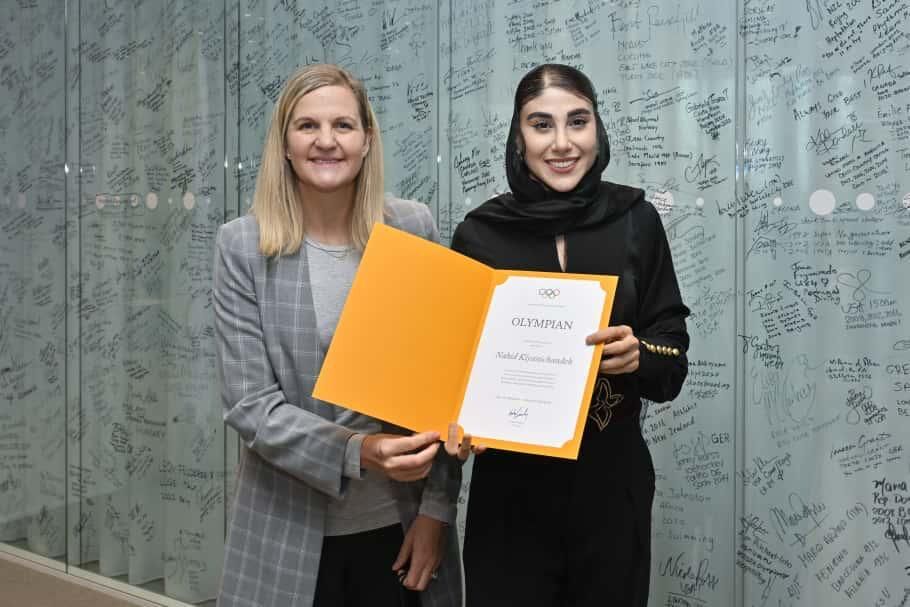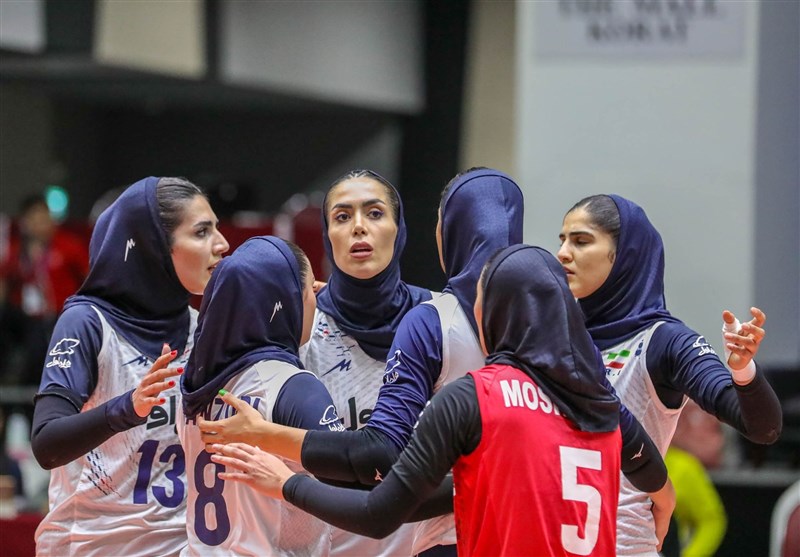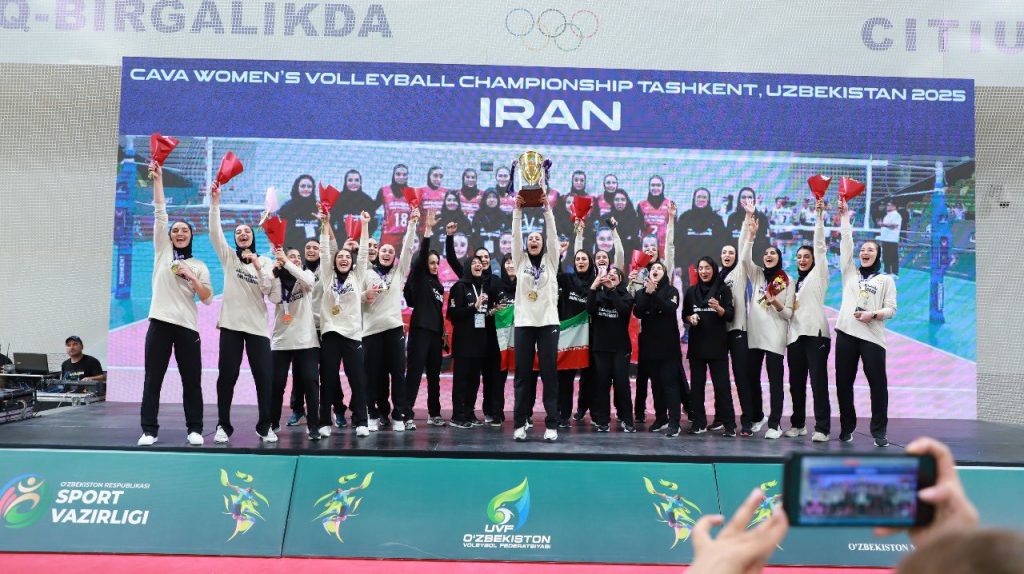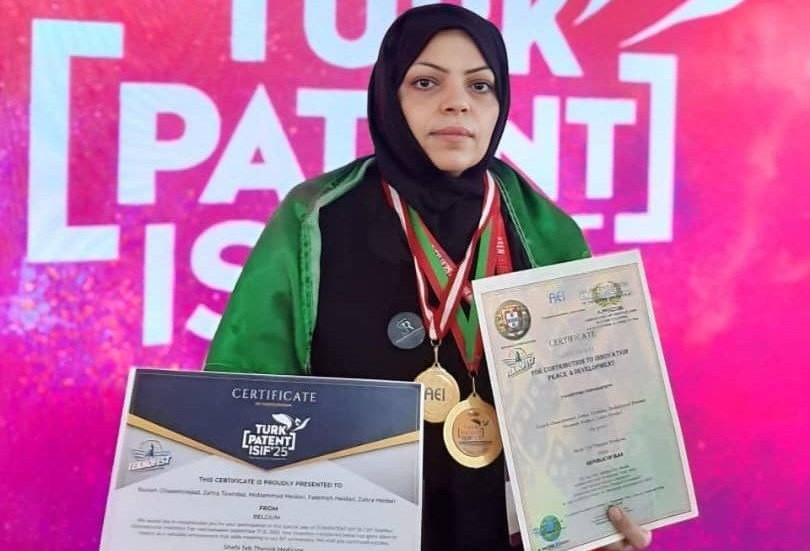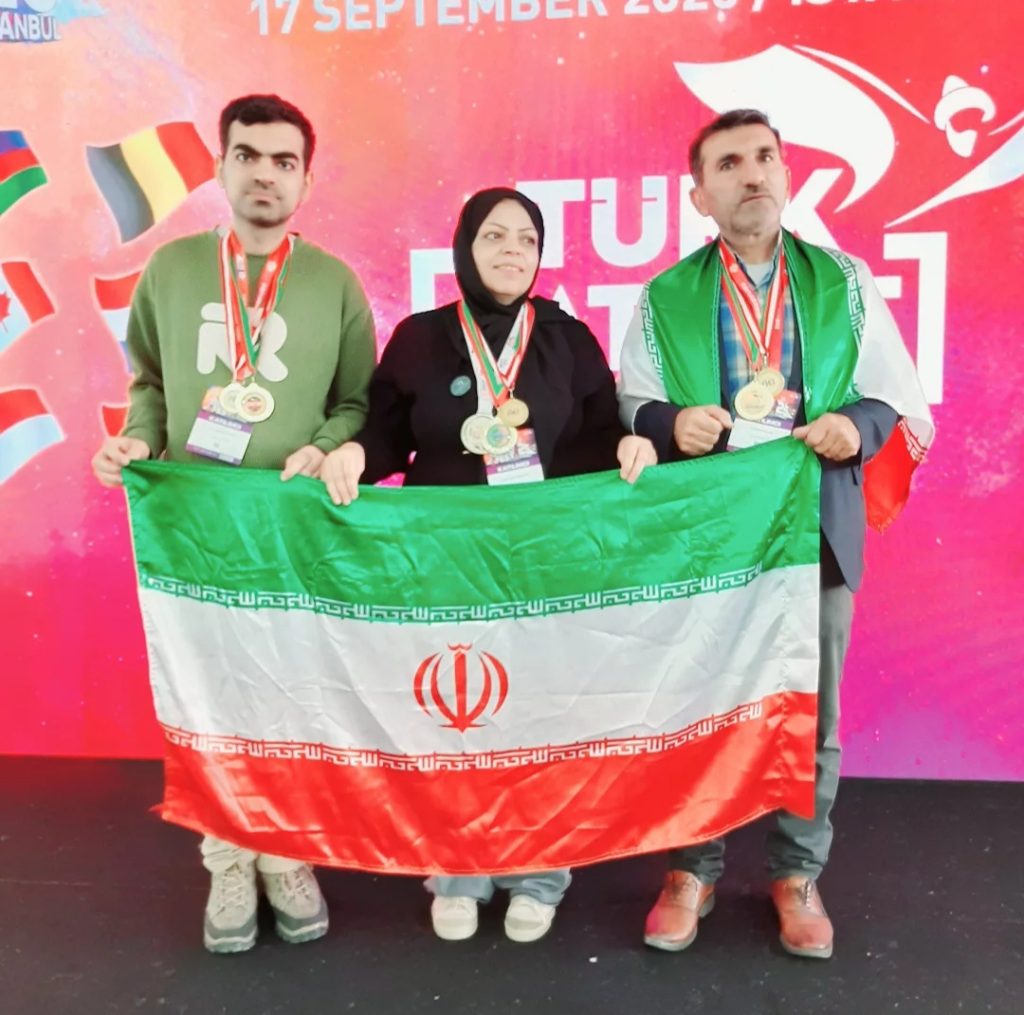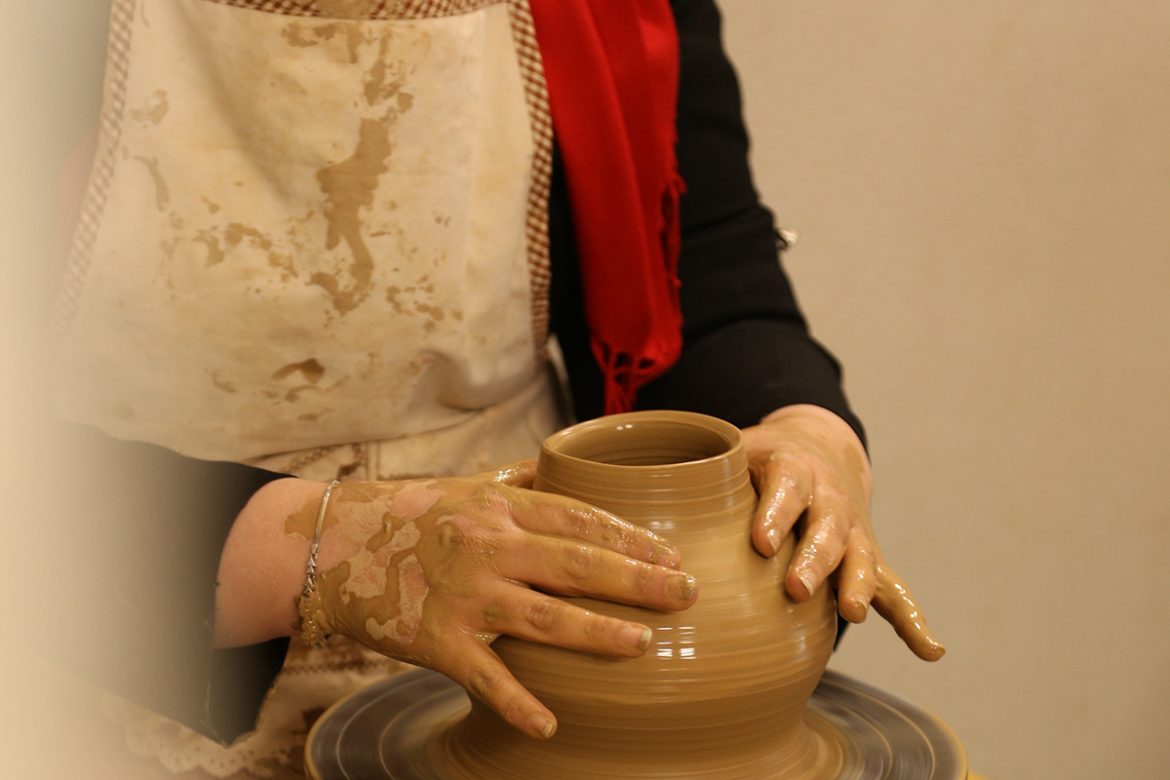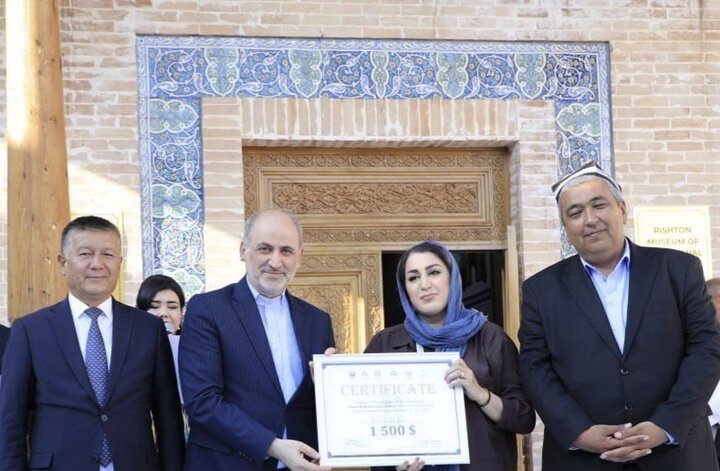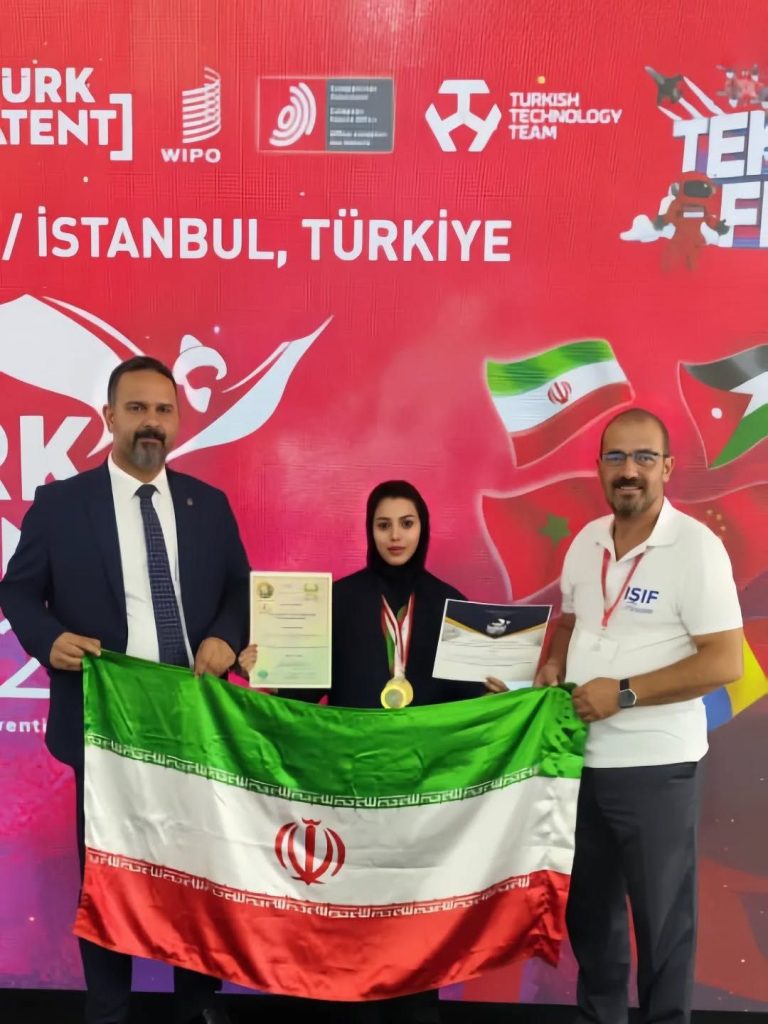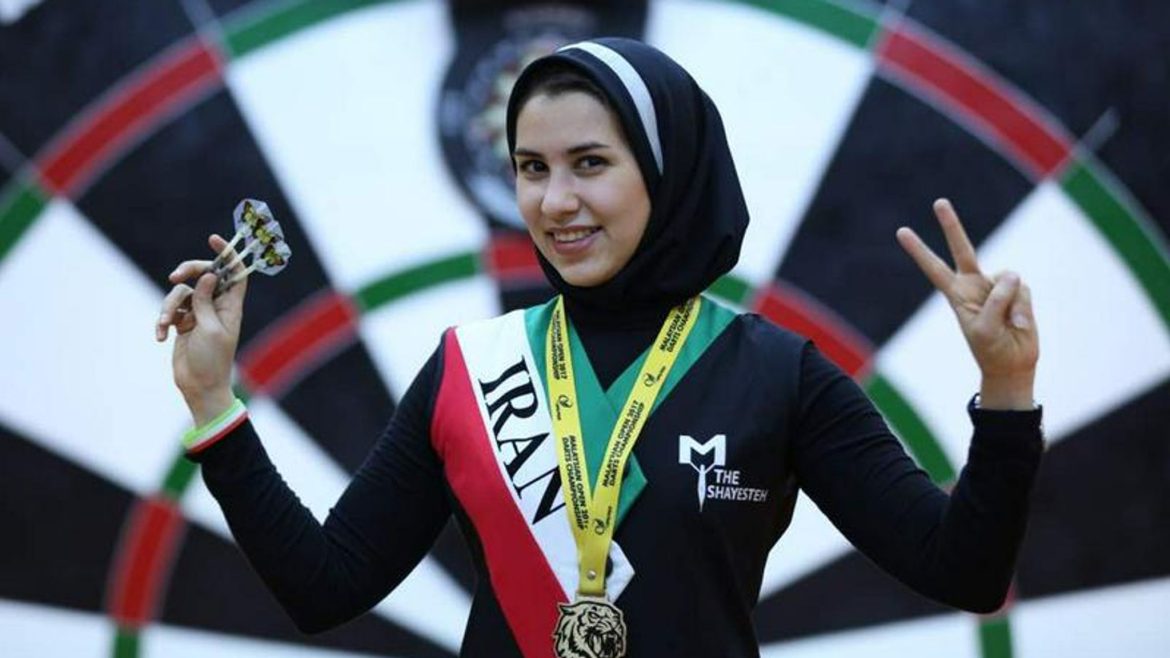An inspiring gathering of scholars and artists from Iran and Italy convened in Rome for the conference titled “Iranian Women and Their Place in Art”, dedicated to highlighting the roles, achievements, and contributions of Iranian women across artistic disciplines.
A Cultural Opening & Diplomatic Message
The event began with a message from Mohammad-Reza Sabouri, Iran’s Ambassador to Italy. Reflecting on the deep historical roots and significant value of women in Iranian culture, he remarked that Iranian women have long held an enduring and essential role in arts such as miniature painting, handicrafts, carpet weaving, music, and poetry. Even when their contributions remained quiet or behind the scenes, Sabouri emphasized, their presence has never ceased to resonate.
He went on to highlight a modern renaissance: far from diminishing, women’s influence has grown globally. Iranian women today have made remarkable strides in cinema, theater, painting, photography, calligraphy, literature, and digital arts, earning numerous international awards. In handicrafts, their mastery of embroidery, ceramics, and carpet weaving continues not only as cultural heritage but as a vibrant expression of innovation and identity.
Women Leading in Visual Arts Administration
Aydin Mahdizadeh, Director General of Visual Arts at Iran’s Ministry of Culture and Islamic Guidance, addressed the audience online. He expressed pleasure at the conference’s occurrence in Italy and noted that in fields like gallery management and arts administration, women have often outpaced their male counterparts. Today, he said, women constitute over eighty percent of professionals in these domains—a testament to their nurturing, supportive spirit and their capacity to cultivate culture.
Inspiration through Portraiture and History
Hanieh Ghasabian, an Iranian painter, graphic designer, and animator based in Italy, then spoke of the revered standing of women in the history of Iran and Islam. She shared that many of her works draw inspiration from figures such as Hazrat Khadijah (peace be upon her), Hazrat Fatimah (peace be upon her) and Hazrat Zaynab (peace be upon her).
She recalled her childhood, when teachers would say “a woman is not equal to a man,” yet in private settings her family would speak of Hazrat Khadija’s strength. She reminded the audience that God addresses all humanity—women and men alike—in the Qur’an. Her own identity as Iranian and Muslim, she said, has been a source of salvation and strength. Through art, she argued, women show the power of empathy and shared experience.
From War-Torn Youth to Pianistic Voice
Next was Sonia Dehghan, an Iranian pianist living in Italy, who began by inviting a moment of silence in honor of victims of war. She recounted her musical journey: learning piano in Shiraz amid the Iran–Iraq War, and continuing her path after migrating to Italy. She described Italy as a second home and explained that in 2013 she began studying composition at the Rossini Conservatory in Pesaro. That opportunity, she said, reawakened her love for music and artistic development.
Reflecting on Monir Farmanfarmaian
The final speaker, Dr. Mina Mohammadi, a professor at the University of Tehran, joined remotely to present “A Theoretical Pause on the Artistic Grandeur of an Iranian Woman Artist”. She focused on the work of Monir Shahroudy Farmanfarmaian, analyzing how the artist blended traditional Iranian techniques—such as mirror mosaic (āina-kāri), reverse-glass painting, khatam (marquetry), and Islamic geometry—with modern artistic language. Mohammadi argued that Farmanfarmaian’s oeuvre dissolves the boundary between tradition and modernism, inviting audiences into multidimensional experiences of space, light, and movement.
She praised Farmanfarmaian as a pioneering inspiration for women artists, whose inventive reinterpretations of tradition opened new horizons for the future of Iranian art.
This conference not only offered a vivid portrait of Iranian women’s creative legacy, but also fostered dialogues across generations and geographies—affirming their indispensable presence at the heart of both Iran’s cultural memory and its modern artistic evolution.
From: IRNA


